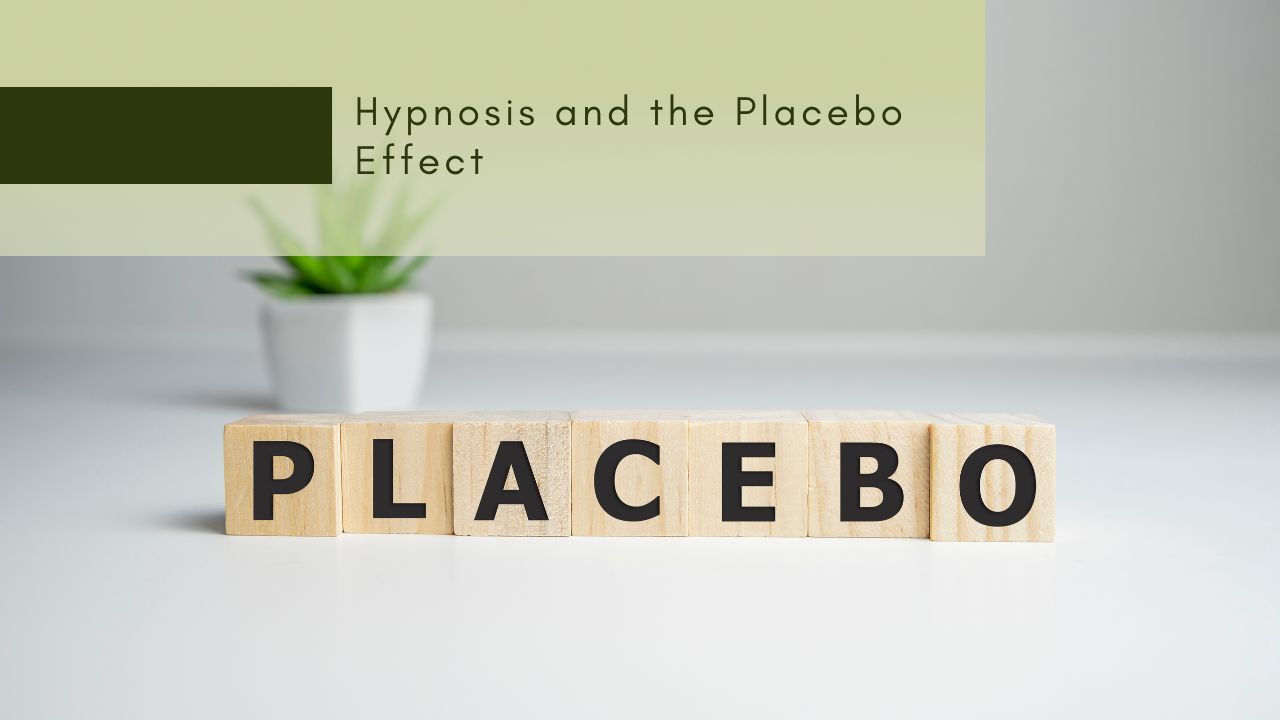What is Cognitive Behavioral Therapy?
Cognitive Behavioral Therapy (CBT) is a proven psychological treatment for various issues such as depression, anxiety disorders, substance abuse, relationship problems, eating disorders, and severe mental illnesses. According to the American Psychological Association (APA), research indicates that CBT significantly improves functioning and quality of life. In many cases, CBT is as effective as, or even more effective than, other psychological therapies or psychiatric medications.
When combined with hypnosis as part of a hypnotherapy program, CBT often yields better results for clients than using hypnosis alone. This is why CBT is commonly integrated into hypnotherapy programs.
How Does Cognitive Behavioral Therapy Work?
CBT is distinct from other psychological treatments due to its core principles, which include:
- Psychological problems partly stem from unhelpful or faulty thinking patterns.
- Psychological problems partly arise from learned patterns of unhelpful behavior.
- Individuals experiencing psychological problems can learn more effective coping strategies, which can alleviate their symptoms and improve their overall well-being.
What Happens During a Cognitive Behavioral Therapy Session?
CBT sessions typically involve efforts to modify thinking patterns through strategies such as:
- Identifying and reassessing distorted thinking patterns that cause problems.
- Enhancing understanding of others’ behavior and motivation.
- Developing problem-solving skills to handle challenging situations.
- Building confidence in one’s abilities.
CBT sessions also focus on altering behavioral patterns using strategies like:
- Confronting fears instead of avoiding them.
- Employing role-playing to prepare for potentially difficult interactions with others.
- Learning relaxation techniques for both the mind and body.
Throughout the CBT process, clients work collaboratively with their hypnotherapist by engaging in exercises during sessions and completing “homework” outside of sessions. Clients learn coping skills that enable them to change their thinking, emotions, and behavior. Although CBT primarily focuses on developing more effective ways to cope with life moving forward, it also helps clients understand and manage their past experiences.




